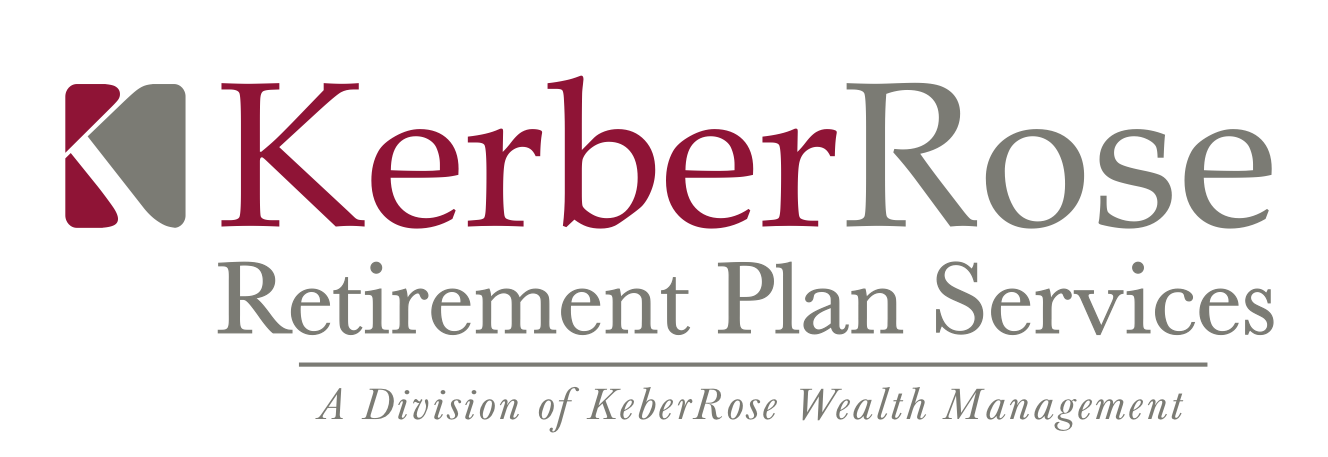COVID-19’s impact on employers has caused a massive amount of reductions in force and layoffs nationwide. A consequence of these reductions is the potential for an employer’s qualified plan to experience a partial plan termination. If a partial plan termination requires the full vesting of affected participants.
Safe Harbor Deadlines
Safe harbor 401(k) plans are the most popular type of 401(k) used by small businesses today. Safe harbor 401(k) plans are a great benefit for all employees: by providing a certain contribution to all eligible staff, business owners, and other highly-paid employees, safe harbor 401k plans allow employees to fully save up to IRS limits ($57,000 for 2020, or $63,500 if over age 50).
Should your Company Implement a Student Loan Assistance Program?
Basics of a FICA Alternative Plan
Repay Student Loans or Save in a Retirement Plan? Why Not Both?
Effective Employee Education
Fiduciary duty requires you to provide your employees and participants with educational opportunities so they can make informed investment decisions. It’s not always easy to know what your participants need, want or will take advantage of. Using a simple framework for your educational program may increase the effectiveness of your program.
Don’t Let Student Loan Debt Get In Your Way of Financial Success
Time To Include Health Care in Holistic Retirement Strategy
Health care expenses are one of the most critical issues that workers and employers face today. Historically, both health care and retirement savings have largely been kept separate, but that conversation is changing. As health care is increasingly considered through the lens of financial wellness, employers need to understand the savings options. Pretax and Roth retirement account contributions, along with HSAs, are three common ways that many employees can save for health care expenses in retirement. It’s important to consider the advantages of each.








